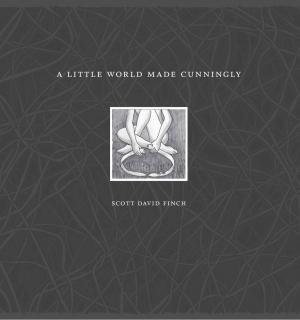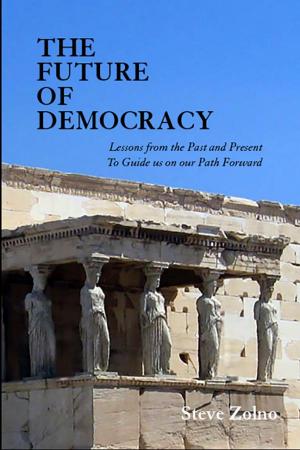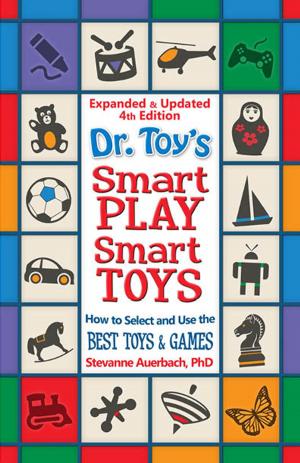VIVO Voice-In / Voice-Out
The Coming Age of Talking Computers
Nonfiction, Computers, General Computing| Author: | William Crossman | ISBN: | 9781587903045 |
| Publisher: | Regent Press | Publication: | November 4, 2014 |
| Imprint: | Regent Press | Language: | English |
| Author: | William Crossman |
| ISBN: | 9781587903045 |
| Publisher: | Regent Press |
| Publication: | November 4, 2014 |
| Imprint: | Regent Press |
| Language: | English |
A positive look at how talking computers, VIVOs, will make text/written language obsolete, replace all writing and reading with speech and graphics, democratize information flow worldwide, and recreate an oral culture by 2050. Text is an ancient technology for storing and retrieving information; VIVOs will do the same job more quickly, efficiently, and universally. Among VIVO’s potential benefits: 80% of the world’s people are functionally nonliterate; they will be able to use VIVOs to access all information without having to learn to read and write. VIVO’s instantaneous translation function will let people speak with other people around the world using their own native languages. People whose disabilities prevent them from reading and/or writing will be able to access all information. Four “engines” are driving us irreversibly into the VIVO Age and oral culture: human evolution, technological breakthroughs, young people’s rejection of text, and people’s demand for textless, universal access to information. Future generations, using eight key VIVOlutionary learning skills, will radically change education, human relations, politics, the arts, business, our relation to the environment, and even human consciousness itself. Worldwide access to VIVO technology looms as a key human rights issue of the 21st Century.
A positive look at how talking computers, VIVOs, will make text/written language obsolete, replace all writing and reading with speech and graphics, democratize information flow worldwide, and recreate an oral culture by 2050. Text is an ancient technology for storing and retrieving information; VIVOs will do the same job more quickly, efficiently, and universally. Among VIVO’s potential benefits: 80% of the world’s people are functionally nonliterate; they will be able to use VIVOs to access all information without having to learn to read and write. VIVO’s instantaneous translation function will let people speak with other people around the world using their own native languages. People whose disabilities prevent them from reading and/or writing will be able to access all information. Four “engines” are driving us irreversibly into the VIVO Age and oral culture: human evolution, technological breakthroughs, young people’s rejection of text, and people’s demand for textless, universal access to information. Future generations, using eight key VIVOlutionary learning skills, will radically change education, human relations, politics, the arts, business, our relation to the environment, and even human consciousness itself. Worldwide access to VIVO technology looms as a key human rights issue of the 21st Century.















